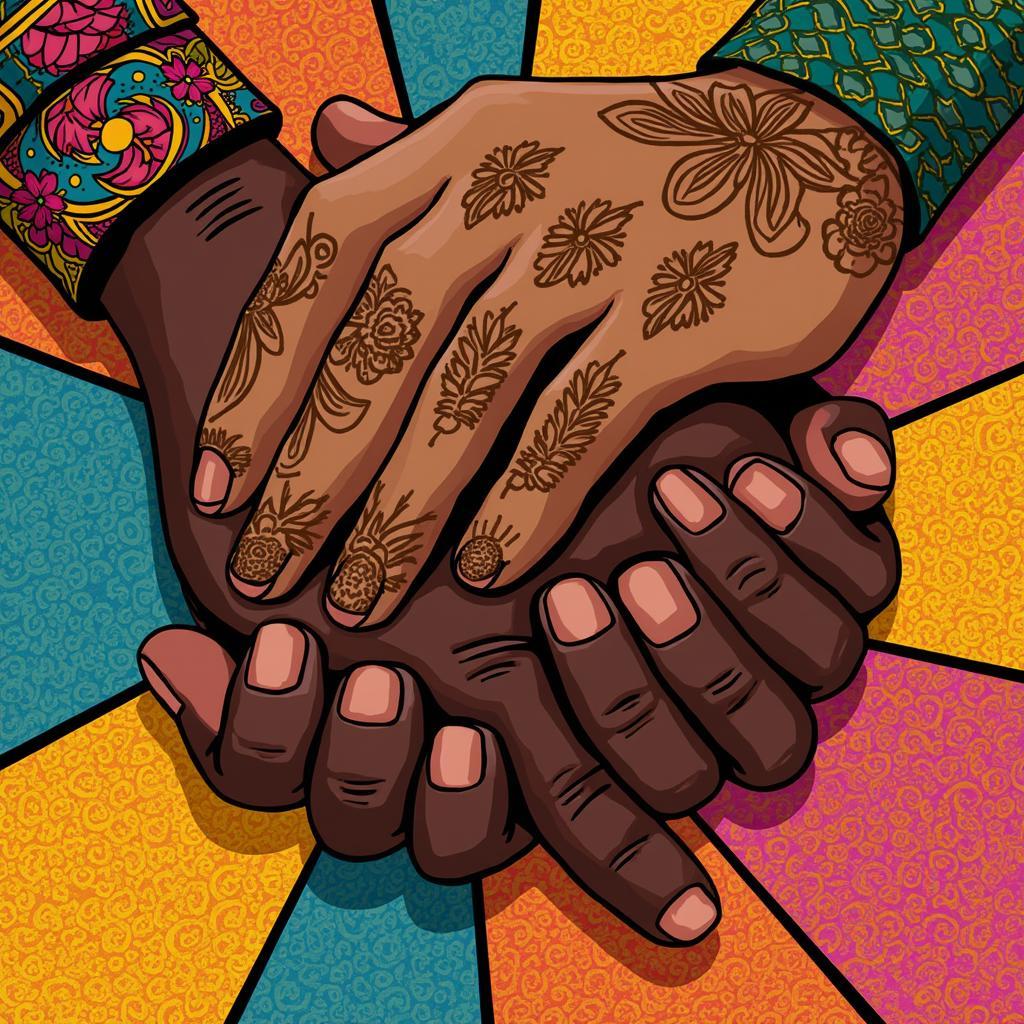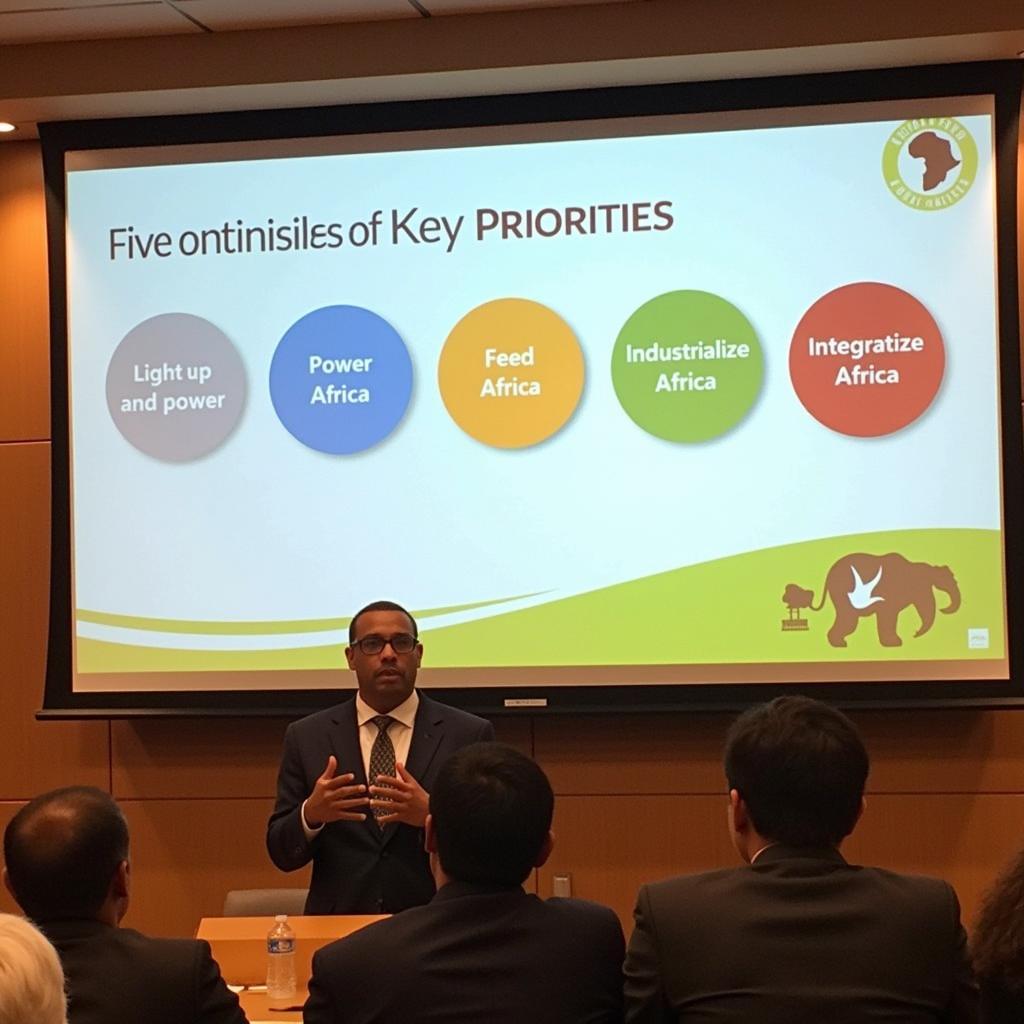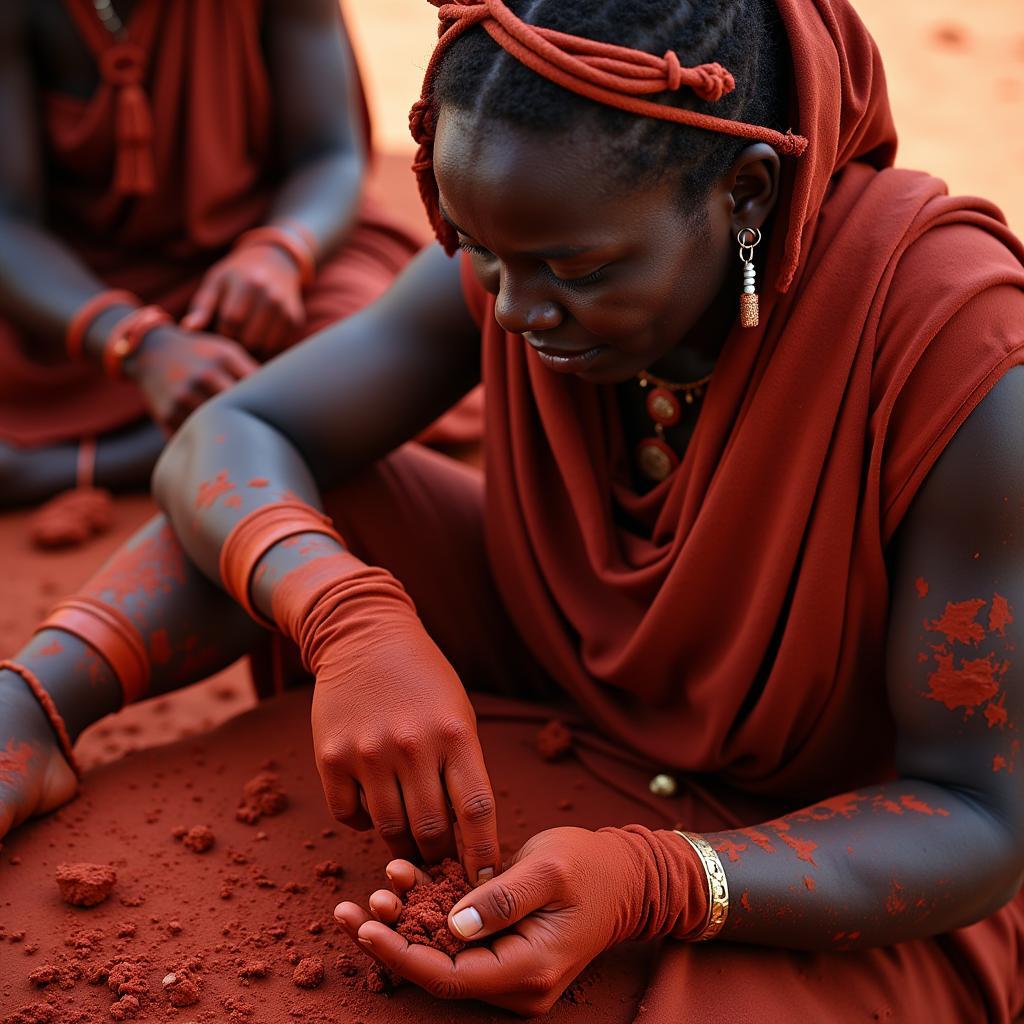African American Women Speak to Dalit Feminism
The intersection of race, caste, and gender creates a complex tapestry of oppression and resistance. The term “African American Women Speak To Dalit Feminism” highlights the powerful dialogue emerging between these two distinct yet strikingly similar movements. While separated by continents, African American women and Dalit women share the lived experience of navigating patriarchal societies built upon deeply ingrained systems of discrimination.
For centuries, Dalit women in India have borne the brunt of a caste system that relegates them to the lowest rungs of society. They face horrific violence, including sexual assault, often with impunity. Similarly, African American women have endured centuries of racism and sexism, from the legacy of slavery to the ongoing fight for equal rights. This shared history of oppression has sparked a compelling conversation.
Finding Common Ground: Shared Experiences of Oppression
Dalit and African American women find common ground in their experiences of:
- Intersectional Identities: Both groups understand that their identities are multifaceted. They are not just women; they are Dalit women and African American women, and these intersecting identities shape their unique experiences of oppression.
- Economic Disparity: Both groups face significant economic barriers. Dalit women are often forced into exploitative labor, while African American women contend with the persistent wage gap and limited access to resources.
- Representation and Voice: Both groups have been historically silenced and excluded from mainstream narratives. Their stories have often been told by others, leading to misrepresentation and erasure.
Bridging the Gap: Learning from Each Other’s Struggles
The dialogue between Dalit and African American women goes beyond simply acknowledging shared pain; it’s about actively learning from each other’s struggles and strategies for resistance:
- Solidarity and Sisterhood: Despite geographical distance, there’s a growing sense of solidarity between the movements. African American women are increasingly speaking out against caste-based discrimination, while Dalit women find inspiration in the Black Lives Matter movement.
- Knowledge Exchange: Activists and scholars from both groups are engaging in cross-cultural exchanges, sharing literature, research, and organizing strategies. This cross-pollination of ideas is crucial for developing more nuanced and effective approaches to dismantling oppressive systems.
- Centering Intersectionality: The dialogue emphasizes the importance of intersectionality, a term coined by Kimberlé Crenshaw, which recognizes that various forms of oppression are interconnected and cannot be addressed in isolation. This framework is crucial for building inclusive and transformative movements.
Amplifying Marginalized Voices: The Power of Storytelling
One of the most powerful tools in this transcontinental dialogue is storytelling. By sharing their personal narratives, Dalit and African American women reclaim their agency and challenge dominant narratives:
- Challenging Stereotypes: Personal stories help dismantle harmful stereotypes about both groups. They reveal the diversity of experiences within each community and humanize the individuals behind the labels.
- Inspiring Action: By sharing stories of resilience and resistance, Dalit and African American women inspire others to join the fight for social justice. These narratives serve as a call to action, urging individuals to confront injustice in their own communities and beyond.
- Building Bridges of Empathy: Storytelling fosters empathy and understanding across cultures. By listening to each other’s stories, we begin to see the world through different lenses and recognize the common humanity that binds us.
 Women united in solidarity
Women united in solidarity
The conversation between African American and Dalit women is ongoing and ever-evolving. It is a testament to the power of shared struggle, the importance of cross-cultural dialogue, and the potential for collective liberation. As these movements continue to learn from and support each other, they pave the way for a more just and equitable world for all.


